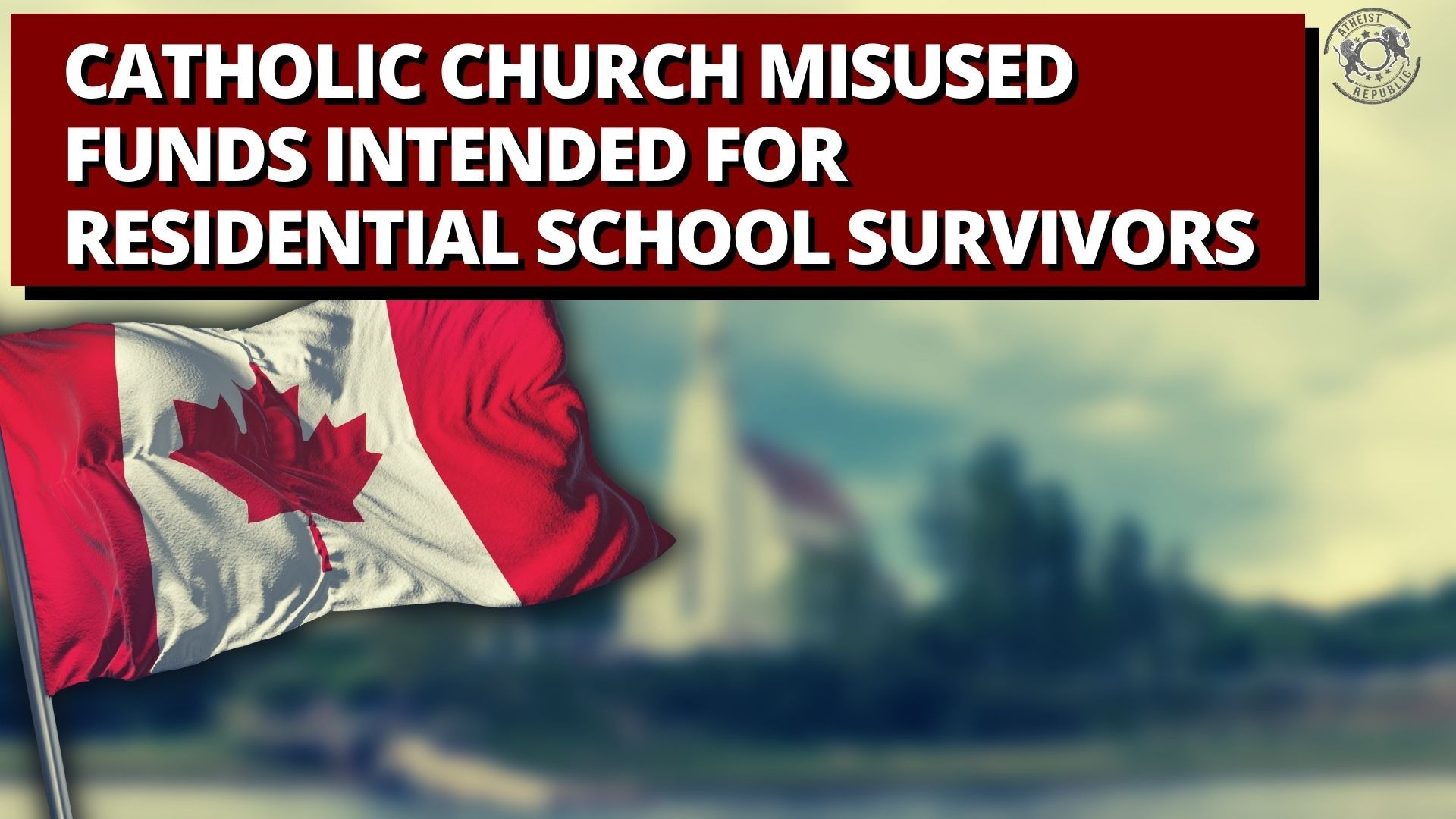
In 2005, the churches that took part in running and managing the residential schools on behalf of the Canadian government were poised to pay for reparations. The Anglican, Catholic, United, and Presbyterian Churches were all asked to pay, in amounts particular to each church, during the Indian Residential Schools Settlement Agreement of 2005. The other churches paid their dues; the Catholic Church remained elusive on their legal and moral obligation.
The Catholic Church decided that it would be administratively more manageable to respond to the court's demand for reparations by creating a corporate entity. A total of 47 different Catholic churches came together to make the Corporate Catholic Defendants. The purpose was to handle the delivery of the $29 million cash reparation, $25 million "in-kind" services, and another $25 million cash from fundraisers to the organizations working with residential school survivors.
A 53-page summary from the court records in the 2015 case hearing between the Canadian Federal Government and the Corporate Catholic Defendants revealed that the Catholic Church has, once again, betrayed the residential school survivors.
The summary was prepared by Anne McConville and Alexander Gay, both Federal lawyers. The summary insisted that the Catholic church "has breached its obligations in the Indian Residential Schools Settlement Agreement." The Catholic church purposely used the money for the residential school survivors to spend beyond their intended allocation. A total of $5 million were spent on legal and administrative fees, with a separate $8 million deducted for legal fees even before the 2005 ruling. Another $1.6 million was spent on unexplainable invoices. The Catholic church also paid to properly account for the $25 million “in-kind” services, using only the "minutes of meetings," and unable to find a basis for the actual value of the services. The $25 million fundraising campaign was also questionably run with donations that come with unsurprising caveats. "Somebody will pay $50,000 and say, well, $40,000 of this has to be distributed back to this project", according to the accountant who testified against the Catholic church.
Mary Ellen Turpel-Lafond, former court judge and the director of the Indian Residential School History and Dialogue Centre in the University of British Columbia in Vancouver, called the Catholic Church's action "unbelievably, absolutely gross. It's completely wrong." The Crown-Indigenous Relations Minister is calling it an inexcusable act.
The Canadian Conference of Catholic Bishops and the lawyers of the Catholic church that were involved in the 2015 case hearing did not offer any comment. Instead, they announced that they were not involved in managing the funds handled by the Corporate Catholic Defendants.
